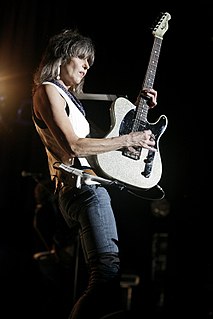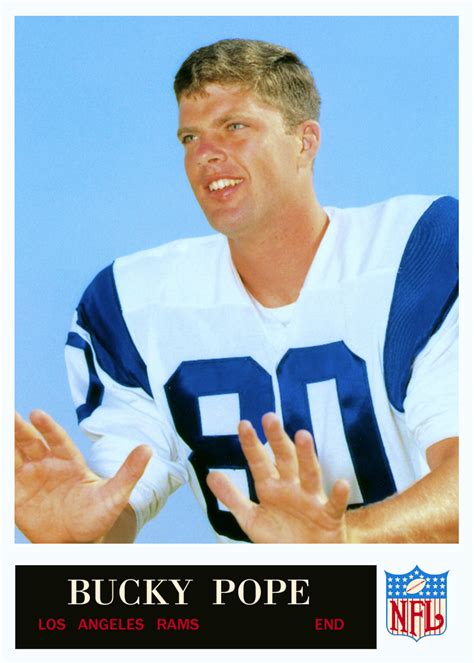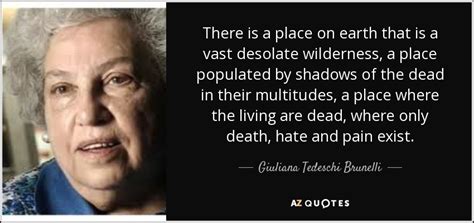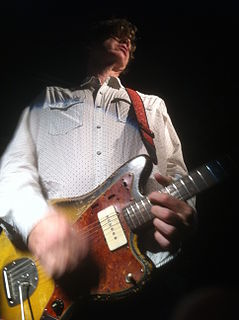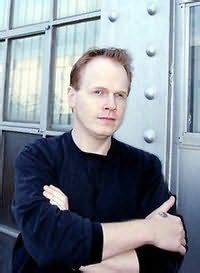A Quote by Billie Joe Armstrong
Punk is dead to anyone who didn't get it in the first place
Related Quotes
Basically, I don't ever move too far past the death, burial and resurrection of Jesus, because it's of first importance. And I make sure it's of first importance with anyone I'm talking to. It all comes down to that, really, when you get right down to it. So it's not complex. Jesus removed our sins and guarantees we can be raised from the dead.





